Things sure have changed since the 1960s. Back then, workplace norms were a whole different ball game, and some of these old-school practices would not fly in today’s offices. Let’s look at 18 things that used to be the norm back then and why you’d likely be packing your bags if you tried them at work today.
Secretarial Dress Codes

In the ’60s, if you were a female secretary, people expected you to wear skirts and heels daily with no exceptions. You had to look the part, no matter how uncomfortable you felt. Flash forward to today, and this kind of dress code would lead to a gender discrimination lawsuit since we now understand dress code diversity and comfort.
Smoking at Your Desk

Once upon a time, ashtrays on desks and a cloud of smoke hovering over the office were as normal as drinking coffee. These days, smoking in the workplace is a big no-no. Health regulations strictly ban indoor smoking, and for good reason, because we know we’ve got to keep the air clean and safe for everyone.
Martini Lunches

In the ’60s, it was common to have a liquid lunch, where you’d toss back a few martinis during a business lunch. Today, if you get caught sipping booze at lunch, you’d just be in hot water. People’s attitudes towards alcohol as a whole have changed, especially among young people, and that means keeping alcohol out of the office.
Typing Pools

Offices used to have what they called typing pools, which were rooms full of mostly women clacking away at their typewriters. As you might expect, this kind of forced gender role wouldn’t sit well in today’s offices. Everyone deserves a shot at every role, and pigeonholing jobs based on gender is just wrong.
No Maternity Leave
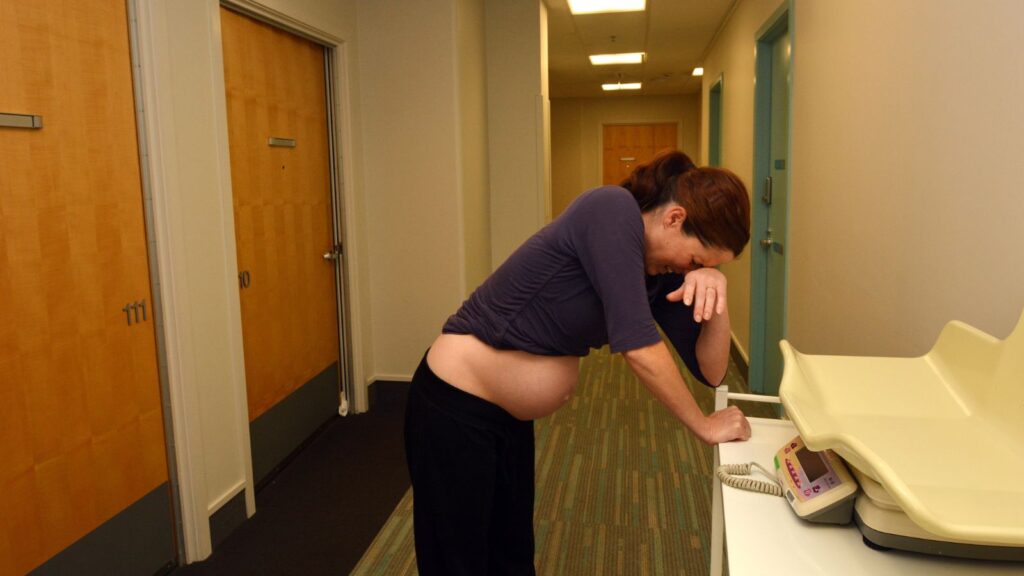
Can you imagine being expected to quit your job just because you were expecting? In the ’60s, there was often no such thing as maternity leave, and things have thankfully changed since then. Denying maternity leave now is illegal and could lead to discrimination charges. Unfortunately, it still happens, just in a slightly different way.
No Paternity Leave

Just as maternity leave was a rare concept, paternity leave was unheard of in the 1960s. People expected fathers to work as usual after the birth of a child, although we now see this as discriminatory. It could even lead to legal action, which shows how we’ve changed our views toward supporting work-life balance for all parents.
Racial Segregation
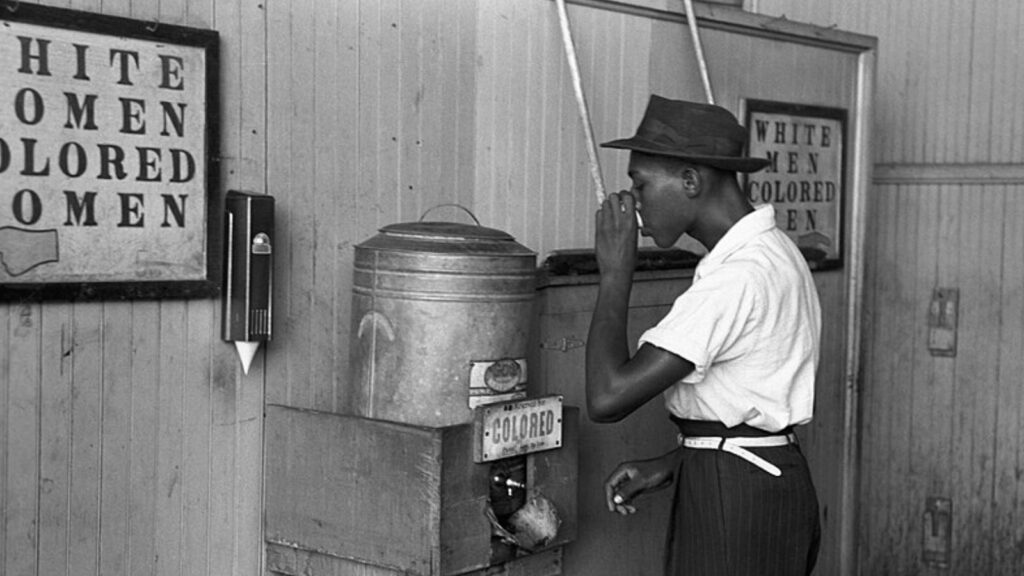
Racial segregation in some workplaces was a reality until the civil rights movement began to change people’s minds. Thankfully, we now understand how wrong such divisive practices are on a moral and ethical level. If anyone tried to do this today, they’d have to deal with massive legal and social problems.
Mad Men-Style Harassment

Programs like Mad Men show an office culture where casual sexism and harassment were part of the daily grind, and that was sadly all too real back then. Try any of that today, and you’ll be shown the door and possibly the inside of a courtroom. Sexual harassment policies are now part of the law to protect everyone in the workplace.
No Computers
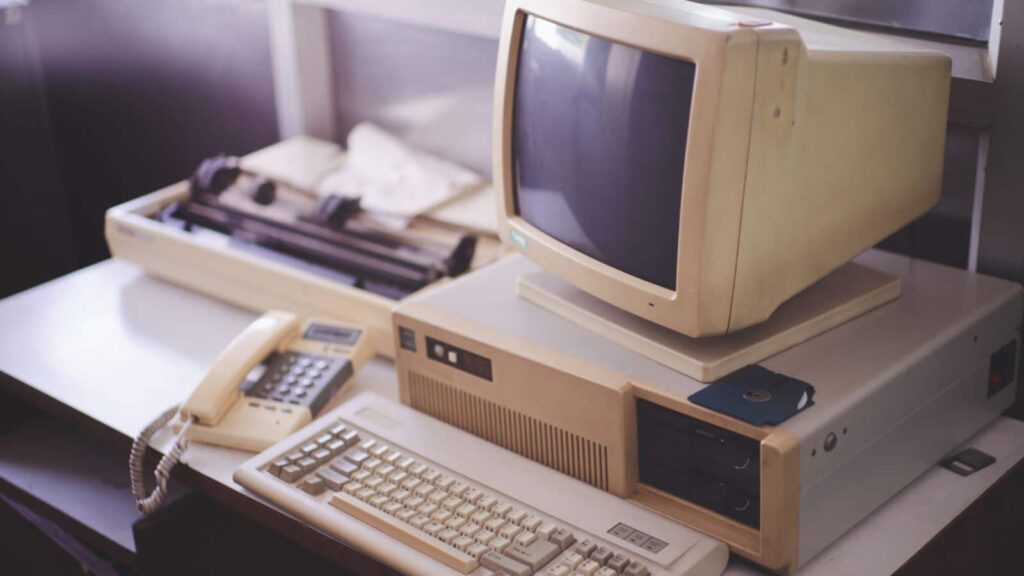
An office without computers sounds pretty inefficient, but back in the ’60s, it was just your standard office. Today, if you refuse to use this technology, you’ll ruin the pace of work, and it could even cost you your job. Being able to use technology isn’t an option anymore but something essential.
The All Male Executive Suite

It wasn’t uncommon to see men hold all the top jobs, with women rarely breaking through the glass ceiling. If a company today had an all-male leadership team, it would raise serious red flags about diversity and equality. Many companies actually require leadership diversity for a well-rounded company.
Secretary as a Personal Servant
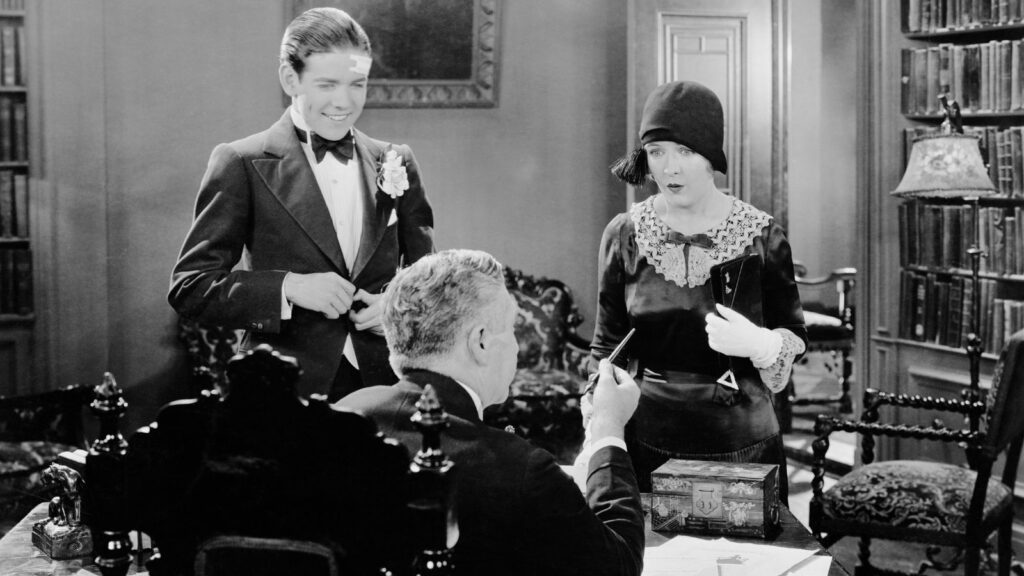
Some bosses treated their secretaries like personal servants, which involved running errands or picking up dry cleaning. Any bosses who tried pulling that today would probably get called out for misusing their power. Secretaries and administrative professionals should be respected team members, not our maids or personal assistants.
Public Shaming for Mistakes
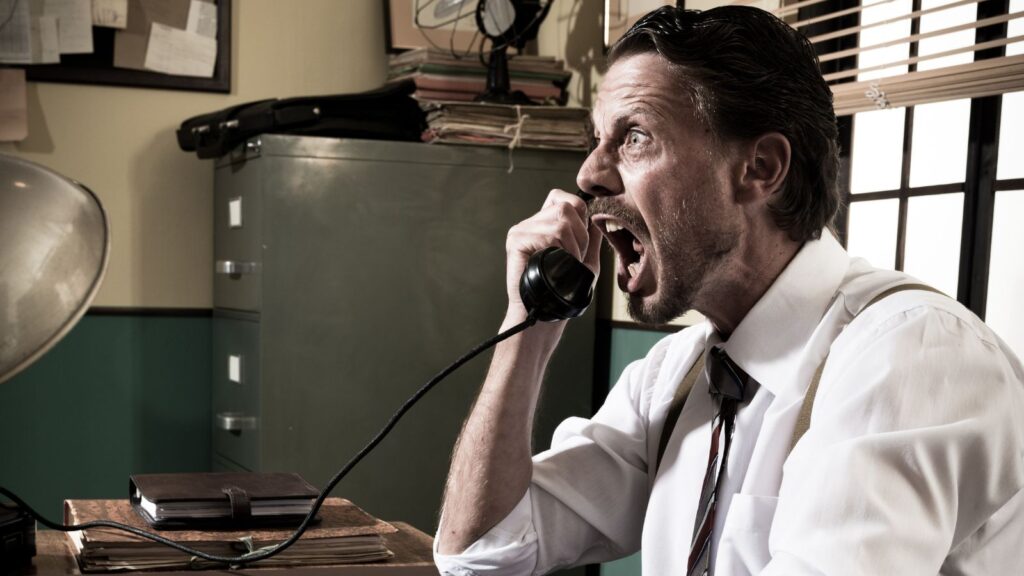
If you had a problem with an employee’s work in the ’60s, you might just call them out in front of everyone. We’d see that today as creating a toxic work environment. Of course, constructive feedback is important, but it’s far better to give this in private to help the other person rather than humiliate them.
Lack of Employee Privacy

It wasn’t unusual for a boss to snoop around their employee’s desk or listen in on personal calls. On the one hand, we better understand people’s physical privacy and violating it can lead to legal troubles. Conversely, many bosses are happy to use software to spy on their employees’ computer screens.
Age Discrimination

Forcing someone to retire at a certain age was quite a common issue back then, and today, mandatory retirement based on age alone is a kind of discrimination. Of course, it does still happen, but it’s not right. We should value people for their experience and contributions, whatever their age.
No Employee Assistance Programs

There was no such thing as employee support for personal issues like mental health or substance abuse back then. If you had a problem, you were on your own. In most modern workplaces, not giving assistance or resources for employee well-being could lead to major HR issues. We expect employers to support their employees’ health and wellness properly.
Employee Loyalty Tests

Companies in the ’60s sometimes required employees to show their loyalty in ways we see as invasive today. For example, they had to agree with every decision the management made, no matter their personal beliefs. Modern employment standards encourage respect for diverse opinions and more open dialogue than in the past.
Lack of Disability Accommodations

A workplace in the 1960s usually had no basic accommodations for employees with disabilities. Making this kind of oversight today would be illegal under laws like the Americans with Disabilities Act (ADA) and also highly unethical. We require modern workplaces to give the right accommodations so everyone can do their job.
Enforced Socialization After Hours
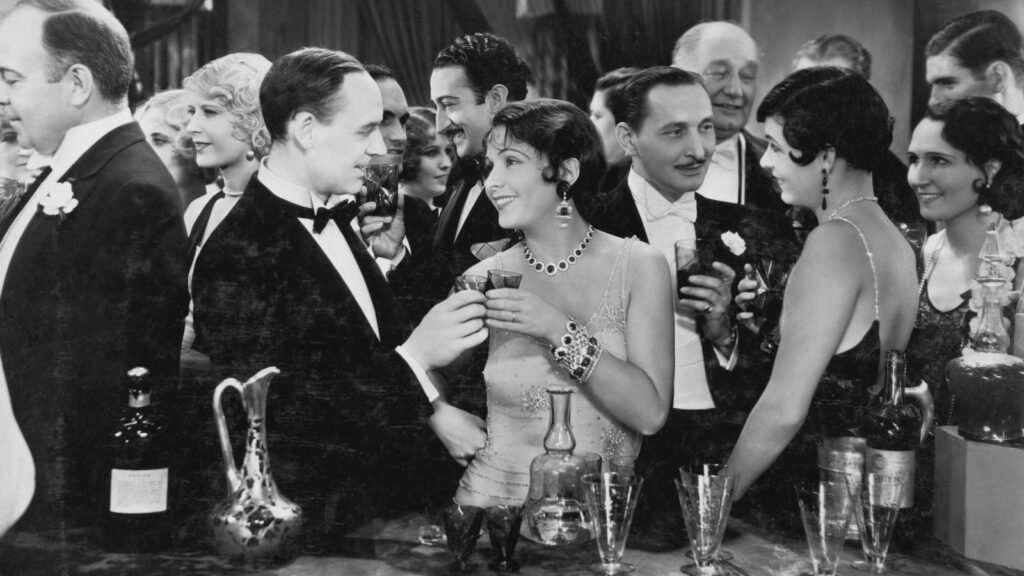
People used to expect employees to participate in after-hours social events. It didn’t matter if you weren’t interested or if you had other commitments because you just had to attend. Not showing up could seriously hurt your career. Today, we have a little more respect for people’s time and boundaries.
19 Grim Realities of Dating After 50 That Are Often Overlooked

19 Grim Realities of Dating After 50 That Are Often Overlooked
26 Things That Will Be Extinct Because Millennials Refuse to Buy Them

26 Things That Will Be Extinct Because Millennials Refuse to Buy Them
24 Outdated Slang Terms You Absolutely Shouldn’t Be Using Anymore

24 Outdated Slang Terms You Absolutely Shouldn’t Be Using Anymore
25 Hardest Parts About Getting Older That No One Ever Talks About

25 Hardest Parts About Getting Older That No One Ever Talks About





